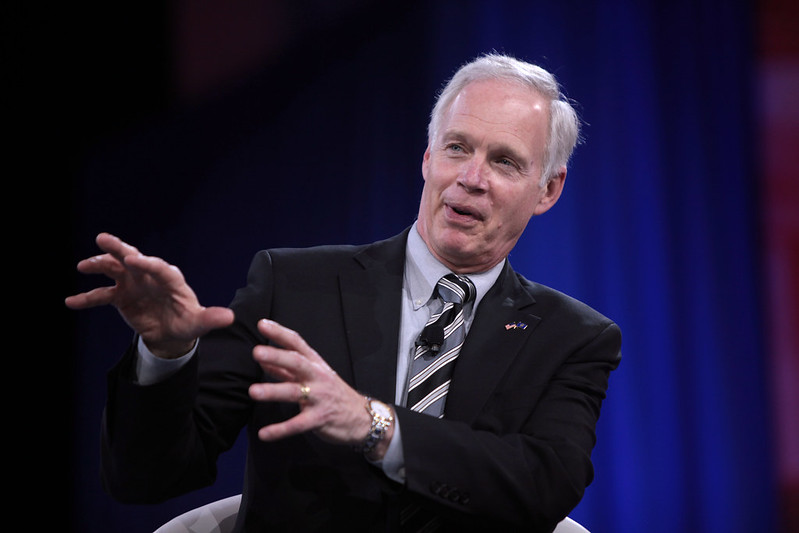Another Response to the New York Times Flap
An intelligence community reader writes in with the following response to my post this morning on Dean Baquet's interview with Jack:
The issue is not [only] whether the true name and affiliation [of the covert officer] are known to the editors and reporters of the New York Times, and to the persons in their professional and social circles. It is [also] whether that true name and affiliation are known to vast number
Published by The Lawfare Institute
in Cooperation With

An intelligence community reader writes in with the following response to my post this morning on Dean Baquet's interview with Jack:
The issue is not [only] whether the true name and affiliation [of the covert officer] are known to the editors and reporters of the New York Times, and to the persons in their professional and social circles. It is [also] whether that true name and affiliation are known to vast numbers of additional people around the world. Broadcasting the identity of a covert officer to a global audience places at risk many persons who have come in contact with that officer over the years, whether or not those persons knew of the officer's true role or had anything to do with the activities and operations that are the subject of the media's interest. Publishing the names, therefore, risks causing serious harm, up to and including death, for those who were in contact with the covert officer and in many cases for their families as well. Whatever the Times may think about the risk to the specific covert officer it names, its rationale does not address the very real risks to others that it creates by its actions.
Benjamin Wittes is editor in chief of Lawfare and a Senior Fellow in Governance Studies at the Brookings Institution. He is the author of several books.



-final.png?sfvrsn=b70826ae_3)

